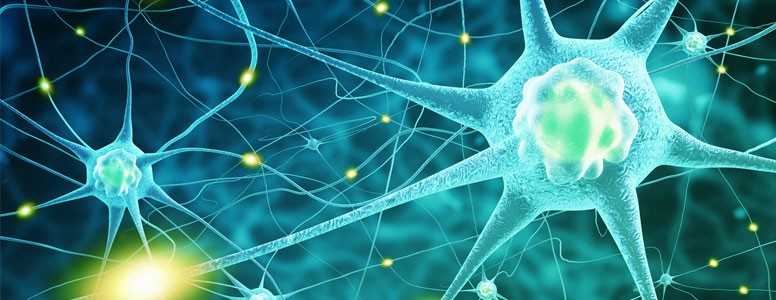A shortage of an anti-ageing hormone in people with diabetes could signal the early stages of kidney disease, research has suggested.
King’s College London researchers have found that insufficient levels of the hormone Klotho could lead to improved diagnoses of kidney problems in people with diabetes.
The study, which has been published in the Diabetologia journal, was based upon blood and urine samples of 78 people with type 1 diabetes.
Of those participants, 33 people were shown to have early signs of microalbuminuria, also known as diabetic kidney disease. Albumin is a protein that, if found in the blood or urine, may indicate a problem with the kidneys.
In the study, further analysis suggested those that had the condition also had lower levels of the Klotho hormone compared to those without microalbuminuria.
Lead author Dr Giuseppe Maltese, from the cardiovascular division at King’s College London, said: “For the first time, Klotho has been linked to kidney disease in type 1 diabetes patients and this finding represents an exciting step towards developing new markers for disease and potentially new treatments.”
Previous research into Klotho has also shown the hormone can help to protect the vascular system against abnormal ageing changes. It is also thought that high levels of the protein could help preserve the function of the kidney.
The team now plans to do more research into Klotho and how the hormone could help develop a treatment for people with diabetes and kidney disease in the future.
Senior author Dr Janaka Karalliedde added: “With further research using larger cohorts of patients with type 1 diabetes and type 2 diabetes we hope to expand the scope of this work to identify patients at high risk of progression of kidney disease and cardiovascular disease.”
What's new on the forum? ⭐️
Get our free newsletters
Stay up to date with the latest news, research and breakthroughs.







